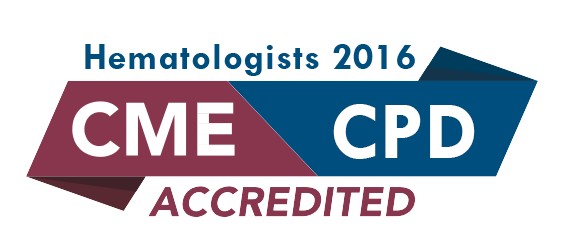
Naser Mobarra
University of Medical Sciences, Iran
Title: Advances in stem cell and gene therapy for hemophilia
Biography
Biography: Naser Mobarra
Abstract
Hemophilia patients are constrained to undergo repeated injections of clotting factors. Transplanted stem cell-derived and gene therapy for hemophilia showed great promises and provided new hope for these patients in clinical trials. Cell therapy, involving stem cells-derived transplanted can provide de novo protein synthesis and if implanted successfully could induce a steady-state production of low quantities of factors which may keep the patient above the level required to prevent spontaneous bleeding. Hematopoietic stem cells are an attractive source of target cells for hemophilia because they can self-renew and differentiate into all blood lineages during hematopoiesis. Another advantage is their accessibility for genetic modification and ease of transplantation. Targeting hematopoietic cells by ex vivo transduction followed by their transplantation allows for direct access of the clotting factors to the circulation. The field of gene therapy for hemophilia is being thoroughly explored. Gene therapy for patients with hemophilia B is ideal and has been more successful, mostly because a small increase in protein production can lead to significantly decreased bleeding diathesis. In contrast to hemophilia B, gene therapy for hemophilia A has seen significantly less recent progress into the clinic, despite it being the more common of the two diseases. The recent clinical success implementing a novel adeno-associated virus vector demonstrated sufficient FIX expression in patients to convert a severe hemophilia phenotype to mild, an achievement which has the potential to profoundly alter the impact of this disease on human society.

